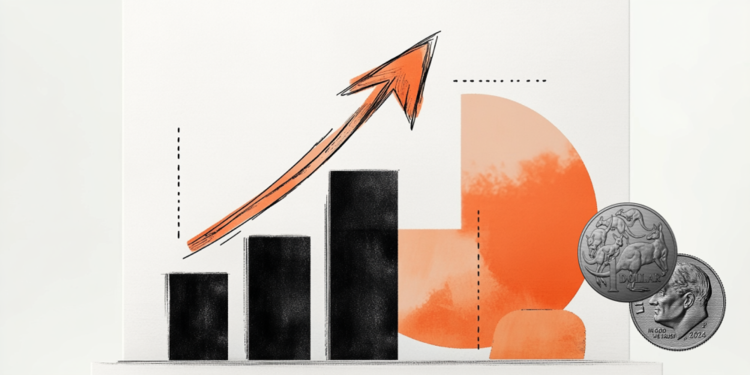Billionaire Elon Musk is rarely cornered into any uncomfortable situation.
He is notoriously indifferent to critics, whether they are shareholders in his companies, people commenting on media outlets and social media, or federal regulators, who are ostensibly responsible for protecting investors and the public from the worst of his excesses.
But this week, a judge in the state of Delaware, in the United States, delivered a message that Musk and other powerful men in the country rarely hear: no.
Kathaleen McCormick, the soft-spoken and level-headed head of the Court of Chancery in Delaware, the state home to many of the country's largest companies, struck down Musk's 2018 Tesla pay package on Tuesday, supporting a shareholder who challenged the package, classifying it as “excessive”.
The court decision, which will likely face appeal, could severely impact Musk's fortune, destroying more than US$51 billion (R$252.6 billion) in assets. Even so, Musk would still be the third richest person on the planet, according to Bloomberg.
The outcome of the dispute over Musk's pay package is the latest example of a towering business leader being put in his place by the only institution powerful enough to do so: the United States courts.
That same week, Vince McMahon, the former head of World Wrestling Entertainment (WWE) who for years managed to dodge and deflect allegations of sexual misconduct, resigned as chief executive following a lawsuit filed by one of his former employees. officials who accused him of trafficking and sexual abuse. McMahon denied the allegations.
Among the threads connecting Musk, Trump and McMahon is a history of avoiding negative consequences.
But this week's court rulings illustrate the limits that even the most powerful figures can reach when faced with legal action.
“If you regulate things upfront, they won’t get to the point where they fester to the point where you make these $51 billion decisions,” Columbia law professor Eric Talley told CNN about McCormick's decision.
“The US, compared to almost any other developed country, has pushed much more towards litigation”, he assessed.
Considering the circumstances of Musk's pay dispute, Trump's libel bill and McMahon's looming legal battles, Talley says they may represent three examples of people betting that the litigation system didn't pose a threat.
“Their gamble went wrong. And, if that is the case, let this serve as a message to other people: the litigation system really works”, highlighted the professor.
The dispute over the salary package was not Judge McCormick's first case with Elon Musk.
In 2022, she oversaw Twitter's lawsuit against Musk when he tried to renege on his R$217.9 billion contract to buy the company.
McCormick showed little patience with Musk's stalling tactics in this case. He ended up buying Twitter, which he renamed X.
While McCormick didn't need to issue a ruling in the Twitter case, her preliminary findings suggested she wouldn't be intimidated by Musk's towering profile, Talley said.
“We have a judge in Delaware who says, 'You know what? The rules that apply to everyone also apply to you,'” said the professor.
“I think this is a service to the profession. And it’s not well-paid — Katie McCormick isn’t earning $55 billion for her work,” she concluded.
Source: CNN Brasil
Bruce Belcher is a seasoned author with over 5 years of experience in world news. He writes for online news websites and provides in-depth analysis on the world stock market. Bruce is known for his insightful perspectives and commitment to keeping the public informed.







